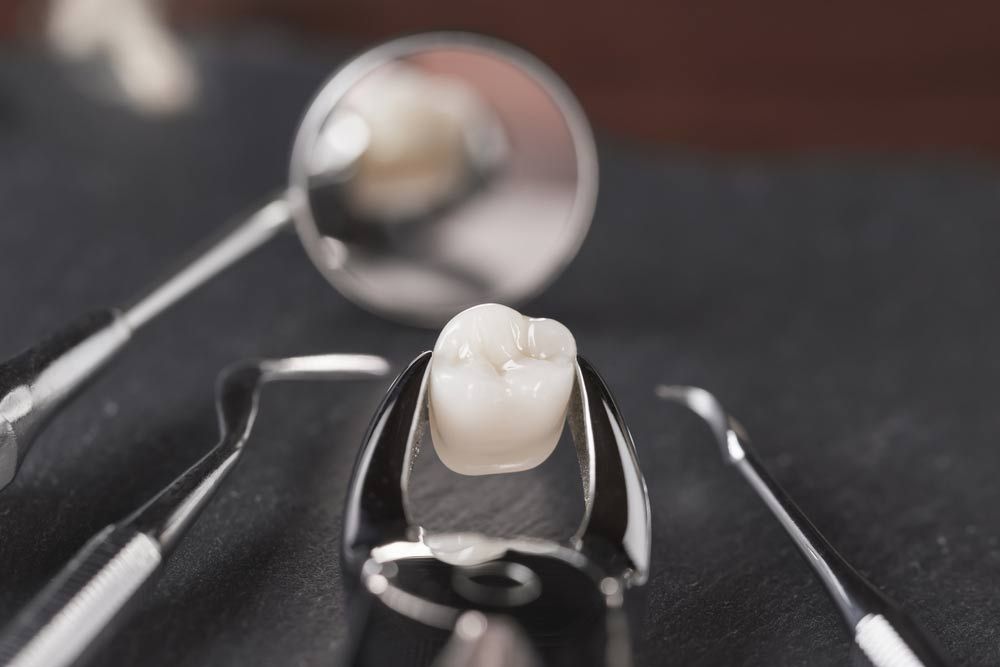Just saying the word “Apicoectomy” is a mouthful! But don’t be put off by the name, it’s a simple and routine procedure that is effective in treating infections that may occur following root canal treatment.
What is an Apicoectomy? Teeth are held in place by roots that reach into your jawbone. The tip of the root is called the “apex” and this is where nerves and blood vessels enter your tooth. These nerves and vessels travel through a canal inside the root and into the crown, or visible part of your tooth. During root canal treatment, inflamed or infected tissue is removed from the canals. Canals are very complex, with many tiny branches, and occasionally infected debris remains in the tooth and prevents healing or causes re-infection. During an apicoectomy, the root tip, or apex, is removed, along with the infected tissue, and is replaced with a filling to reseal the end of the root.
Who needs an Apicoectomy? An apicoectomy is done only after a tooth has had at least one root canal. In many cases, a second root canal is considered before an apicoectomy. With advances in imaging, we can often detect infected canals that had not been appropriately treated in the past and treat them without the need for surgery. But if an infection persists, it is often near the root tip, and an apicoectomy is an important surgical procedure that can save your tooth from extraction.
What is the follow up? Most apicoectomies take 30 to 90 minutes, depending on which tooth it is and how complicated the root structure is. Your endodontist will use ultrasonic instruments and surgical microscopes to see the area clearly, which will increase the chances of success. The area may bruise and swell slightly in the area around the tooth. Follow up includes over the counter pain relievers or prescription medication. Stitches will be removed 2 to 7 days after the procedure, and full recovery can be expected within 2 weeks. While apicoectomy sounds complicated, most people report that the recovery is easier than that of the original root canal.
If you are having any pain or swelling from a tooth that has had a root canal procedure, please don’t hesitate to call us! We can review your treatment options and answer any questions you may have. Fortunately, an apicoectomy is usually a permanent solution and should last for the life of your tooth!




